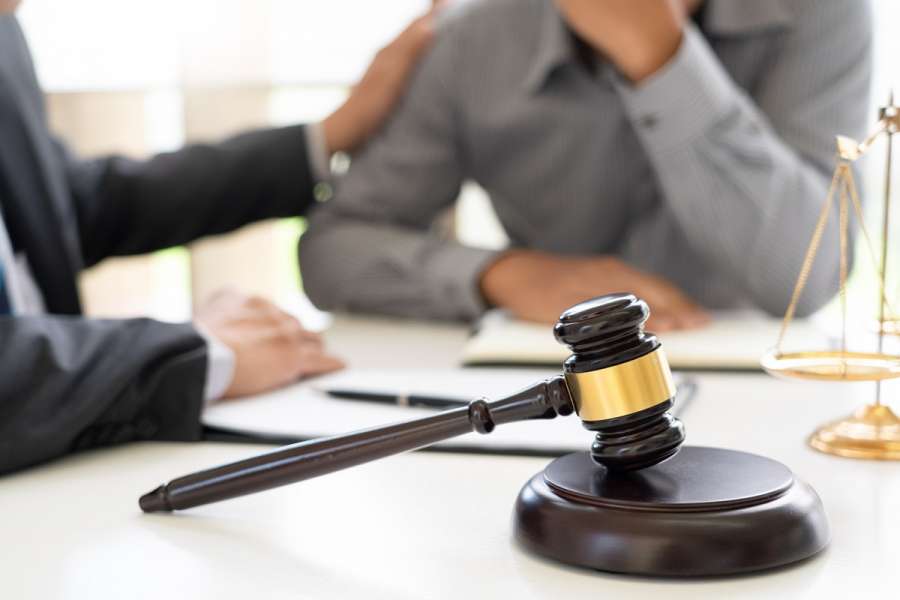It is well established that the primary avenue of claim if you suffer financial loss because of poor advice received from a professional is one of professional negligence.
It is possible to bring a claim against someone you have paid to provide an expert service, such as a solicitor, barrister, surveyor, architect, accountant, financial advisor or tax advisor.
What is less well known is that there are other actions that you can bring against a professional in circumstances where the prospects of recovery in a claim of professional negligence are limited.
As our Financial Services experts will go on to explain, one such action is in respect of accountants, and is called the Investment Business Compensation Scheme (the Compensation Scheme).









